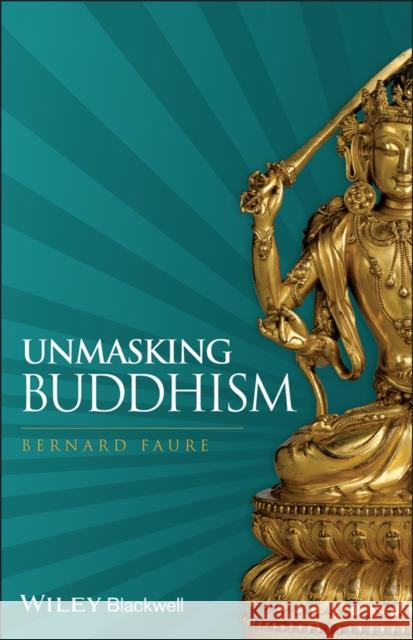Unmasking Buddhism » książka
topmenu
Unmasking Buddhism
ISBN-13: 9781405180641 / Angielski / Miękka / 2009 / 168 str.
An ideal introduction to Buddhism for anyone who has unanswered questions about one of the world's largest and most popular religions.
- A fascinating, short book that challenges us to strip away existing preconceptions we may have about Buddhism
- Considers questions such as: Can we talk of Buddhism as a unified religion or are there many Buddhisms? Is Buddhism a religion of tolerance and pacifism as many people think? And is Buddhism a religion without god(s), or is it more of a philosophy than a religion?
- Traces the basic history, beliefs and nature of Buddhism in easy-to-understand language
- Written by renowned Buddhist scholar, Bernard Faure, it is an ideal introduction for anyone who has unanswered questions about one of the world's largest and most popular religions











